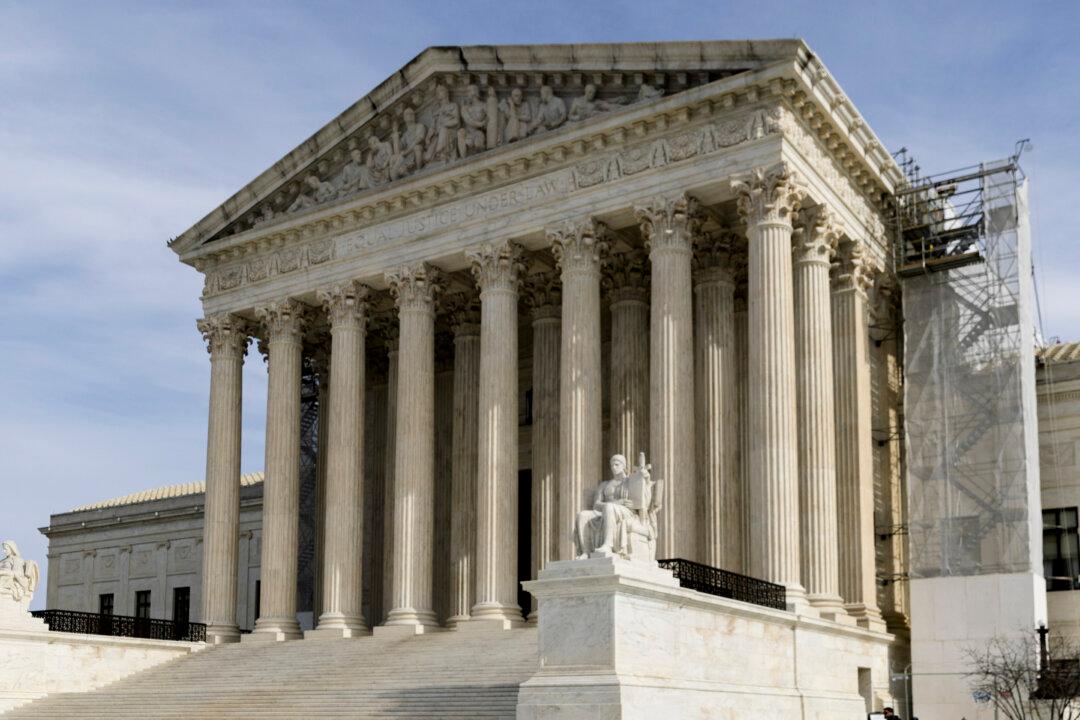The Supreme Court is to determine whether truck drivers for the company that makes Wonder Bread are considered transportation workers who are exempt from the Federal Arbitration Act (FAA).
The FAA, enacted in 1925, contains a provision that the justices wrestled with during oral arguments on Feb. 20. The provision shields from compulsory arbitration all “contracts of employment of seamen, railroad employees, or any other class of workers engaged in foreign or interstate commerce.”





